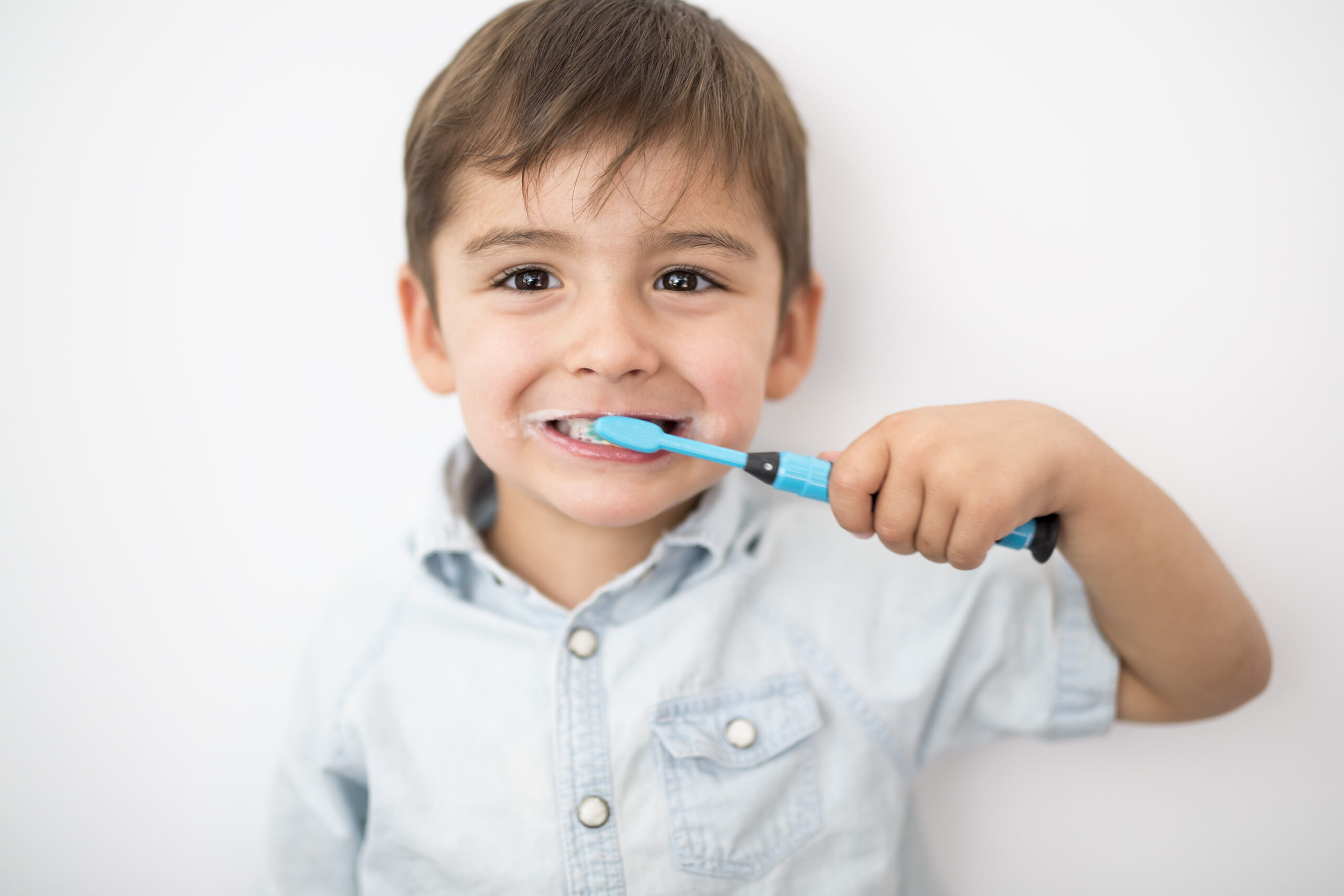At Nolensville Pediatric Dentistry, we are dedicated to ensuring your child’s smile stays bright and healthy. Located at 7216 Nolensville Rd Ste 120, Nolensville, TN 37135, our team understands the critical role of proper oral hydration in maintaining optimal dental health for your kids. Let’s delve into why oral hydration is so vital and how it ties into back-to-school dental checkups.
The Crucial Role of Oral Hydration
Oral hydration isn’t just about quenching thirst; it’s an essential component of your child’s overall oral health. Saliva, which is comprised mostly of water, plays a significant part in maintaining a clean, healthy mouth. It helps to:
- Wash Away Food Particles: Saliva flushes out food particles, reducing the buildup of harmful bacteria.
- Neutralize Acids: It balances out acids in the mouth, protecting tooth enamel from erosion.
- Inhibit Bacterial Growth: A well-hydrated mouth discourages the growth of bacteria that can lead to cavities and gum disease.
Impact of Saliva on Children’s Dental Health
Saliva production acts as a natural defense mechanism, combating several dental issues. Here are a few notable benefits:
- Fighting Tooth Decay
Saliva contains essential enzymes and proteins that break down food particles and neutralize acids produced by plaque. This biological process helps in preventing tooth decay and keeping those pearly whites in tip-top shape.
- Protecting Enamel
Enamel, the outer surface of teeth, requires a consistent shield against acidic erosion. Saliva supplies phosphate and calcium, which are vital for repairing early wear and preserving strong enamel.
Connection Between Oral Hydration and Gum Health
Hydration does wonders beyond just protecting the teeth. It plays a vital role in:
- Reducing Gum Disease Risks
A dry mouth often leads to gum irritation and inflammation. By encouraging your child to stay hydrated, you’ll decrease their likelihood of gum disease.
- Preventing Bad Breath
Children are particularly prone to bad breath due to dry mouth. Adequate hydration helps prevent this issue by keeping the mouth moist and free of odor-causing bacteria.
Suitable Alternatives to Sugary Drinks
While it might be tempting to offer sugary drinks to your children, these beverages can wreak havoc on young teeth. Sugary and acidic drinks provide a breeding ground for bacteria that cause tooth decay. Opt instead for these healthier alternatives:
- Water
Water is the best beverage for maintaining hydration and oral health. It helps rinse away food particles and sugars left behind after eating.
- Milk
Milk is rich in calcium and phosphates, which are crucial for strong teeth. It also provides hydration benefits similar to water.
- Herbal Teas
Unsweetened herbal teas are another excellent choice, as they hydrate while avoiding the excess sugars and acids found in other drinks.
Encouraging Good Hydration Habits
Forming good habits early sets your child up for a lifetime of healthy choices. Here are some practical tips to ensure your child remains well-hydrated:
- Pack a Water Bottle
Make it a habit to send your child to school with a reusable water bottle. This practice encourages them to drink water throughout the day.
- Be a Role Model
Children learn by example, so drink plenty of water yourself and maintain proper hydration habits. What better way to teach than by doing?
- Replace Sugary Drinks
Gradually replace sugary drinks with water or milk. You can add slices of fruits like lemon or berries to water for natural flavoring.
- Incorporate Water-Rich Foods
Watermelons, cucumbers, oranges, and other water-rich foods provide additional hydration and are typically well-liked by children.
Dental Issues Caused by Dehydration
Failing to maintain proper hydration can result in several dental problems:
- Cavities: A dry mouth fosters the growth of bacteria that produce acids, which can lead to cavities.
- Oral Infections: Lack of saliva makes it easier for infections to take hold and develop.
- Bad Breath: Insufficient hydration can cause chronic bad breath, a condition known as halitosis.
Key Indicators of Dehydration in Children
It’s important to recognize the signs of dehydration early. Watch for:
- Dry Mouth or Lips
- Decreased Urination
- Dark Urine
- Fatigue
- Headaches
Back-to-School Dental Checkups: Why They Matter
With another school year approaching, it’s essential to prioritize your child’s dental health. Back-to-school dental checkups ensure that any issues are caught early, allowing for timely treatment and prevention. Here’s why booking a checkup with us at Nolensville Pediatric Dentistry is crucial:
- Early Detection of Problems
Regular dental visits can help identify potential issues like tooth decay, gum disease, or orthodontic concerns before they become serious.
- Professional Cleaning
Our thorough cleanings remove plaque and tartar that regular brushing can miss, reducing the risk of cavities and gingivitis.
- Educational Opportunity
Dental checkups give us a chance to teach children about good oral hygiene practices, reinforcing the importance of brushing, flossing, and hydration.
Why Choose Nolensville Pediatric Dentistry?
Our commitment to pediatric dental care goes beyond just treating problems; we focus on preventing them. Here’s what sets us apart:
- Kid-Friendly Environment
Our practice is designed to make children feel comfortable and at ease, helping to turn dental visits into positive experiences.
- Experienced Team
Our skilled, compassionate dental team has extensive experience in pediatric dentistry, ensuring your child receives the best care possible.
- Personalized Approach
We tailor our approach to meet the unique needs of each child, considering their individual concerns and dental history.
Schedule Your Child’s Back-to-School Dental Checkup
We encourage parents to act now and schedule their child’s back-to-school dental checkup. This not only sets them up for a healthy school year but also provides peace of mind for you. Nolensville Pediatric Dentistry is here to support you every step of the way.
For more information or to book an appointment, visit our website or contact us directly. Together, we can ensure your child maintains excellent dental health.
By fostering good hydration habits and scheduling regular dental checkups, you can help your child build a foundation for lifelong oral health. At Nolensville Pediatric Dentistry, we’re dedicated to making that journey as smooth and successful as possible. Let’s work together to keep those young smiles sparkling!



